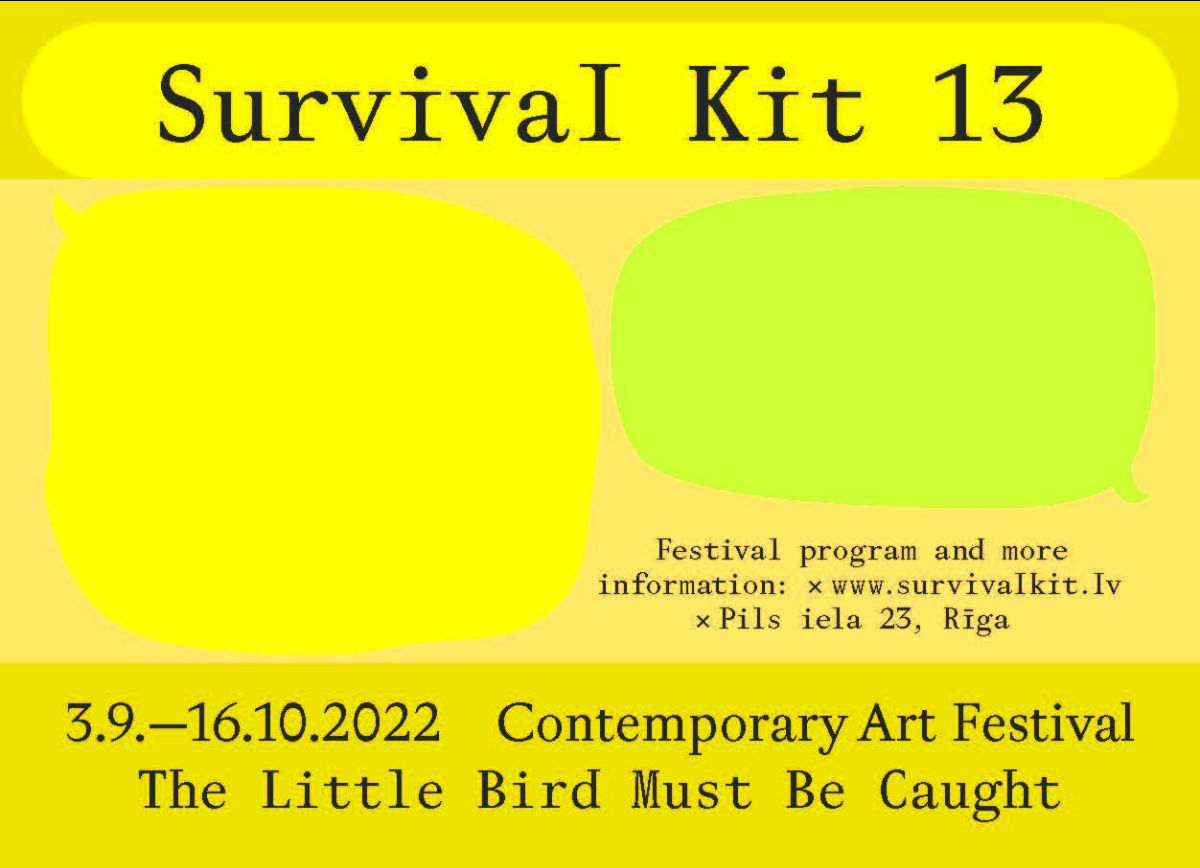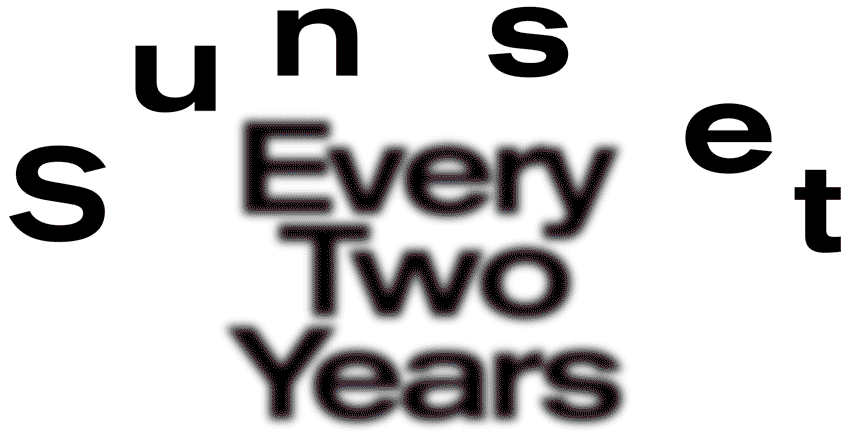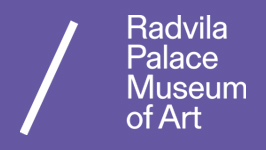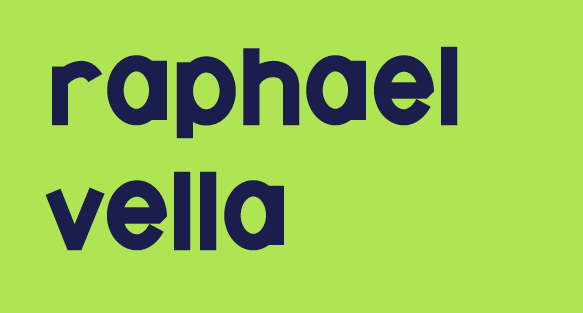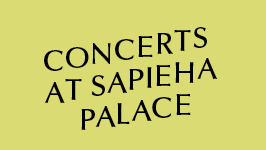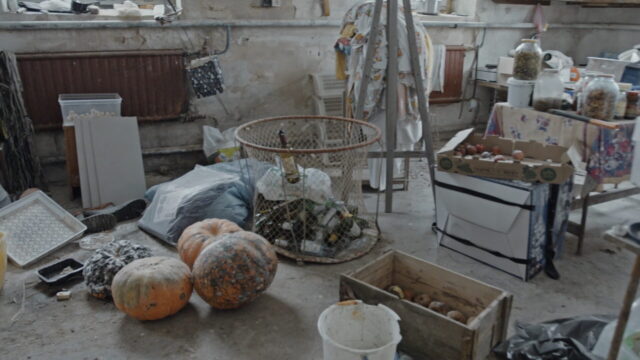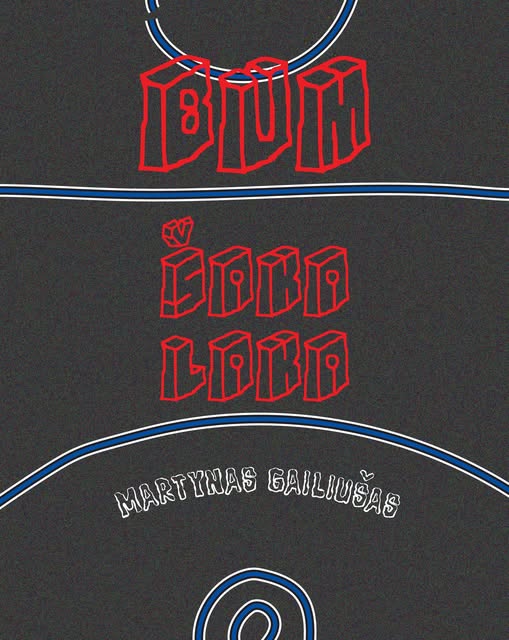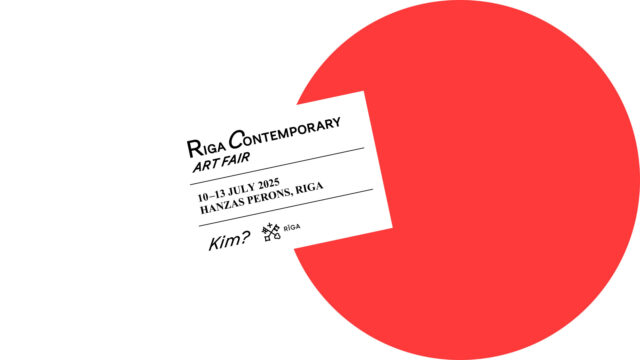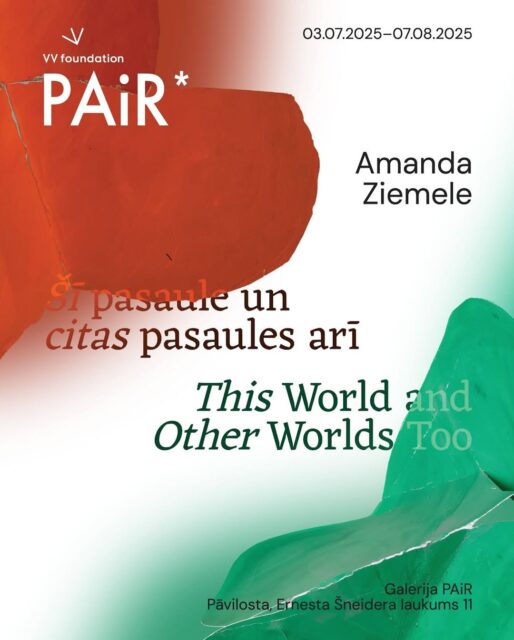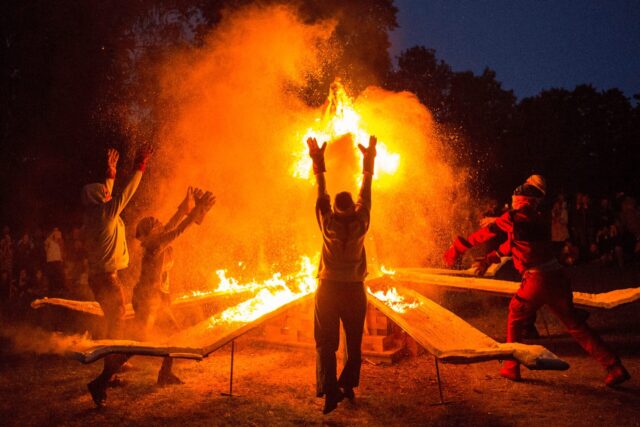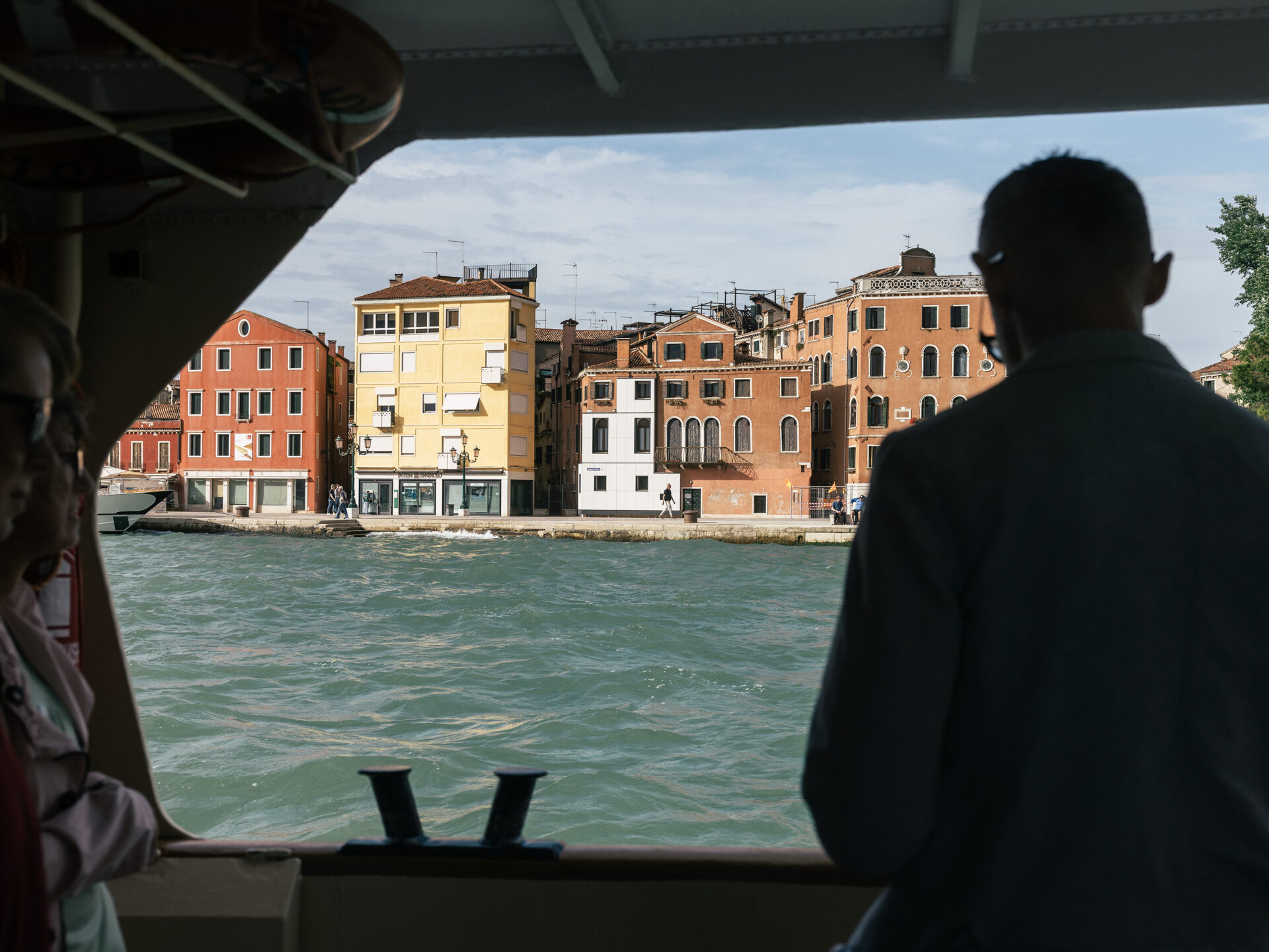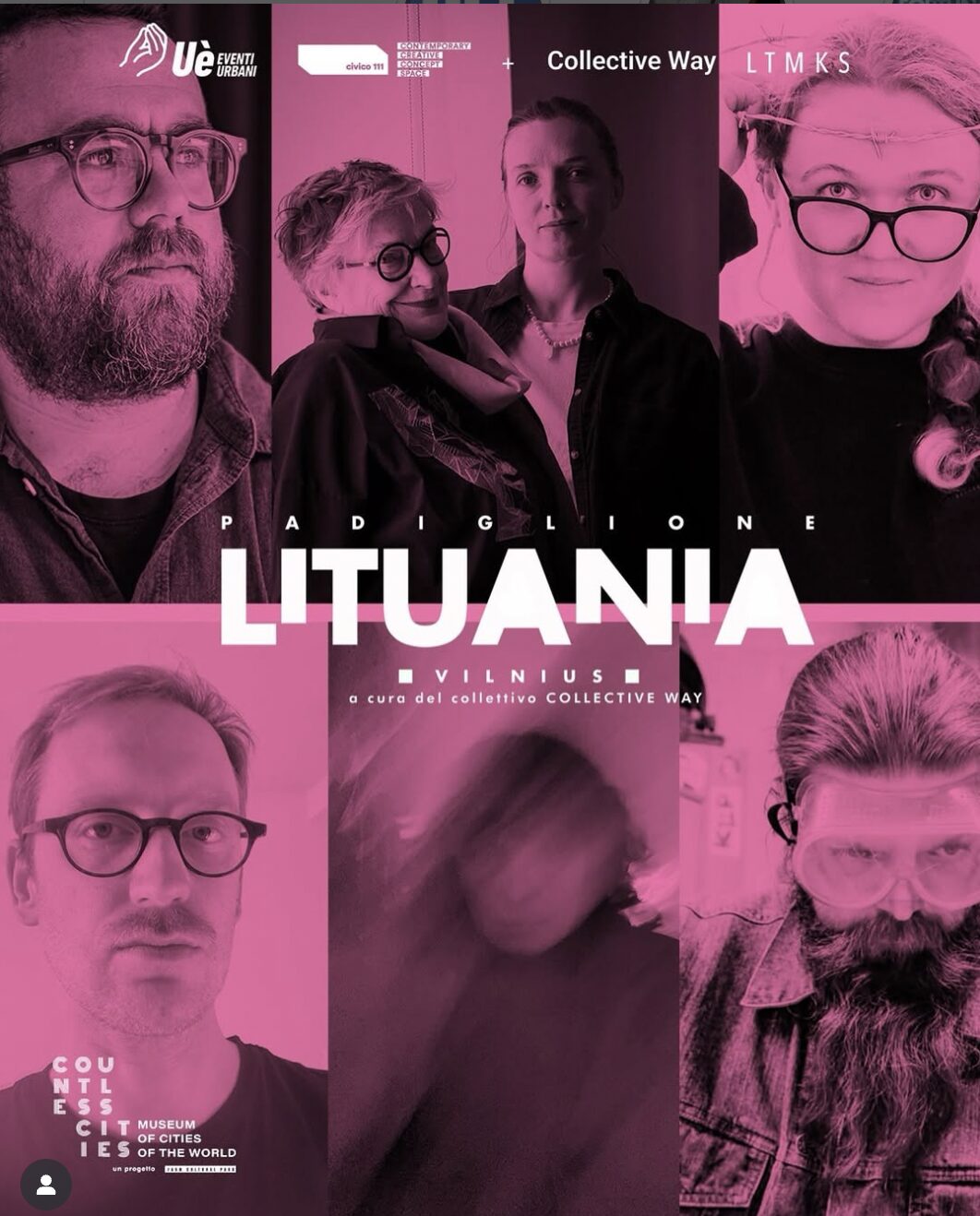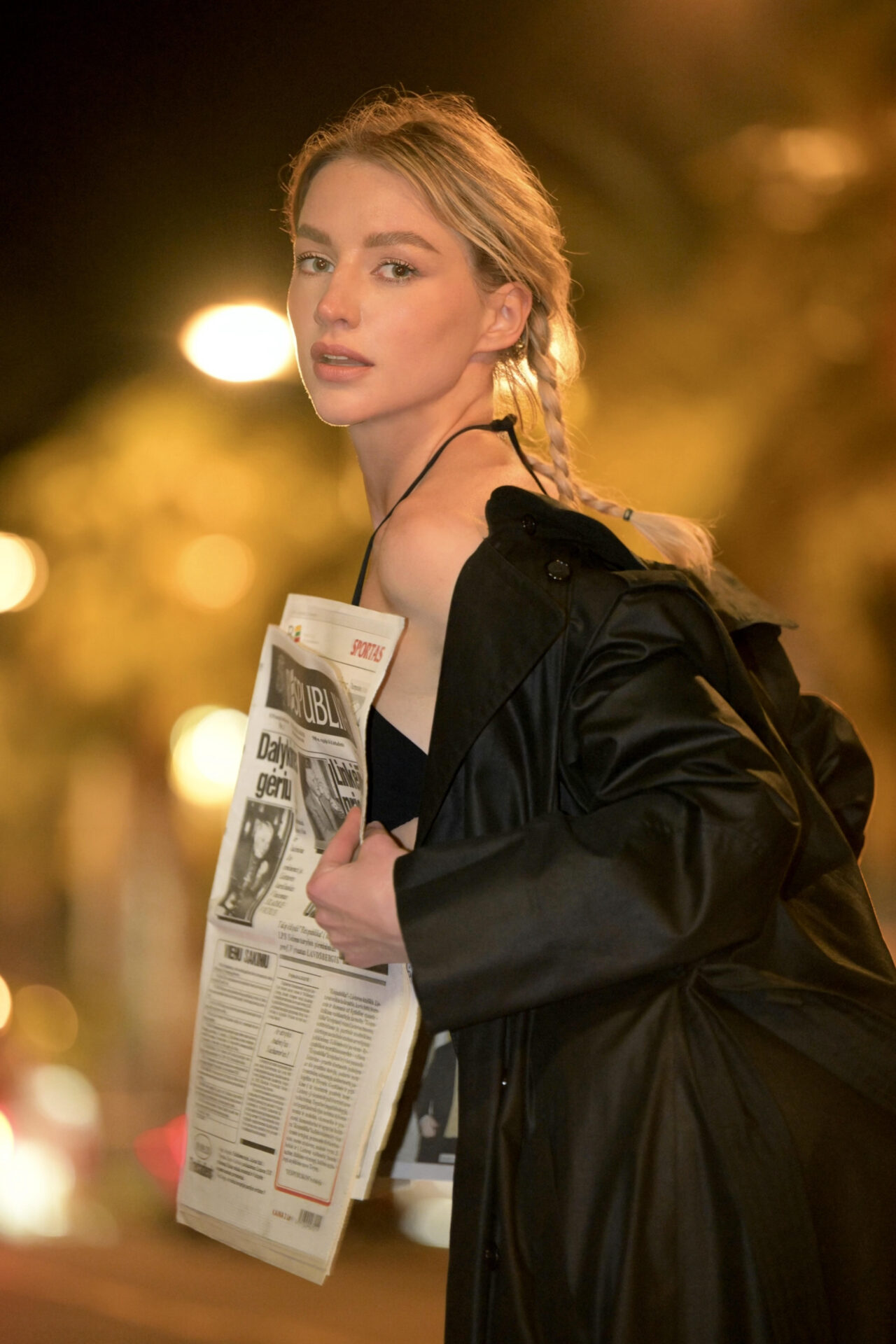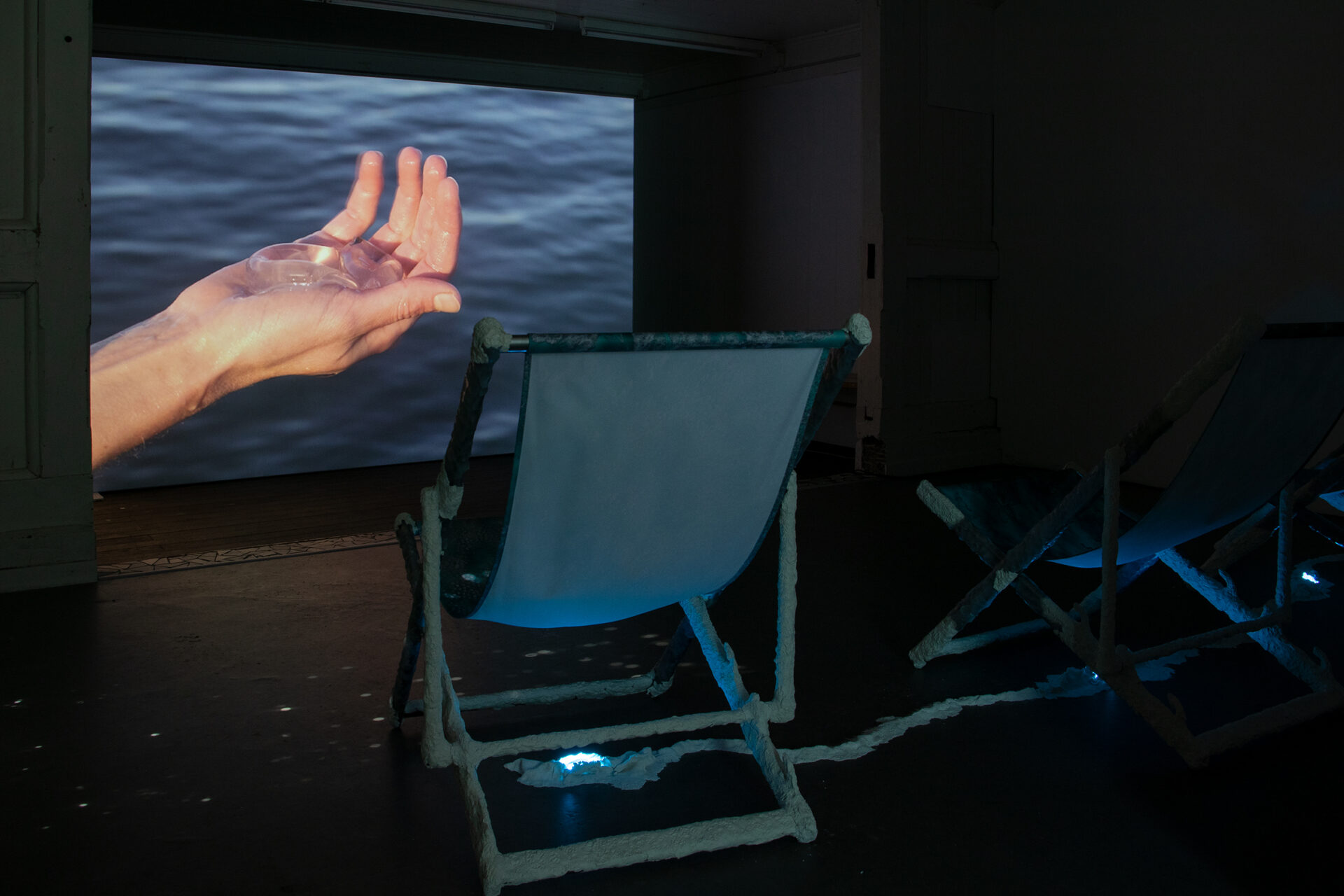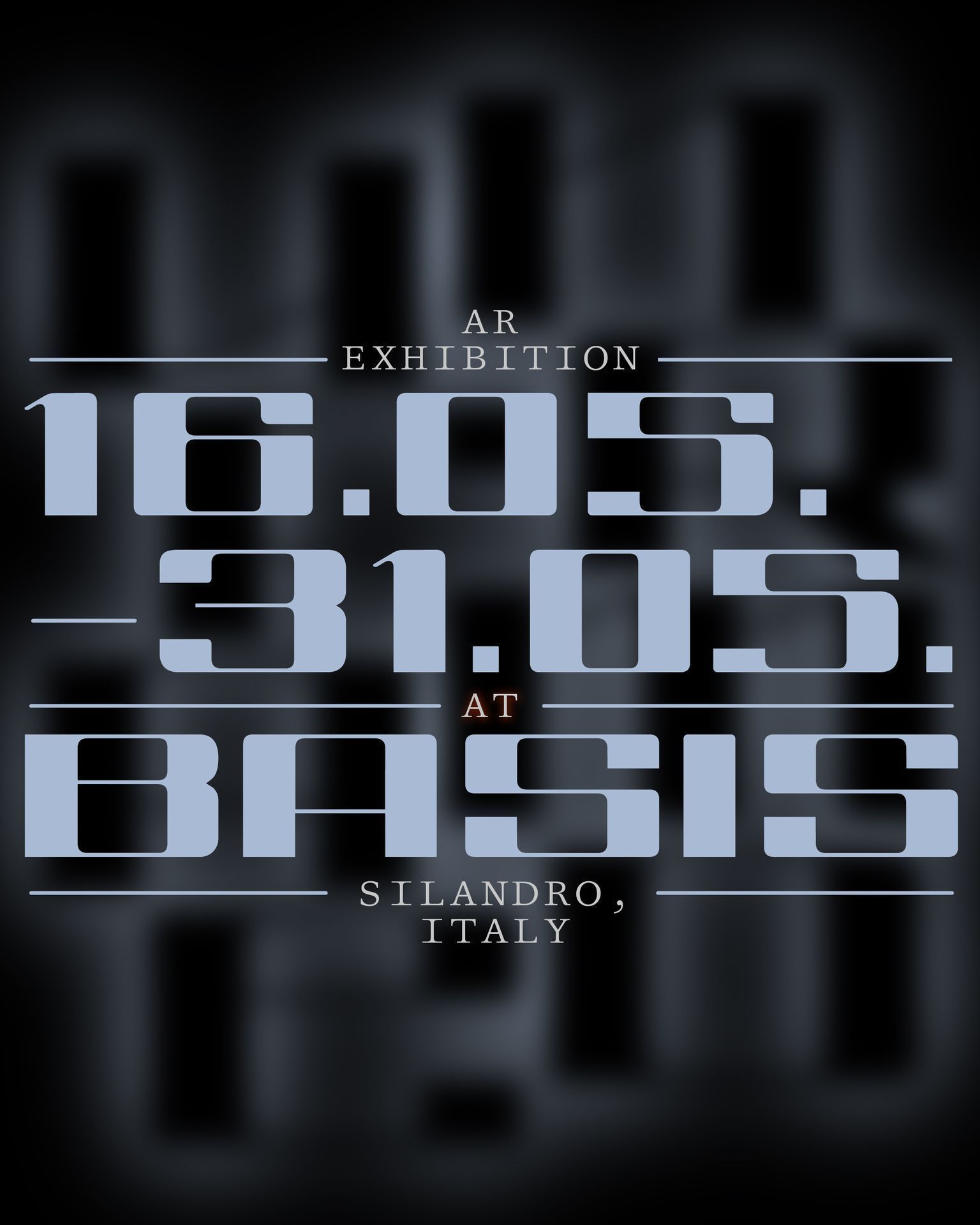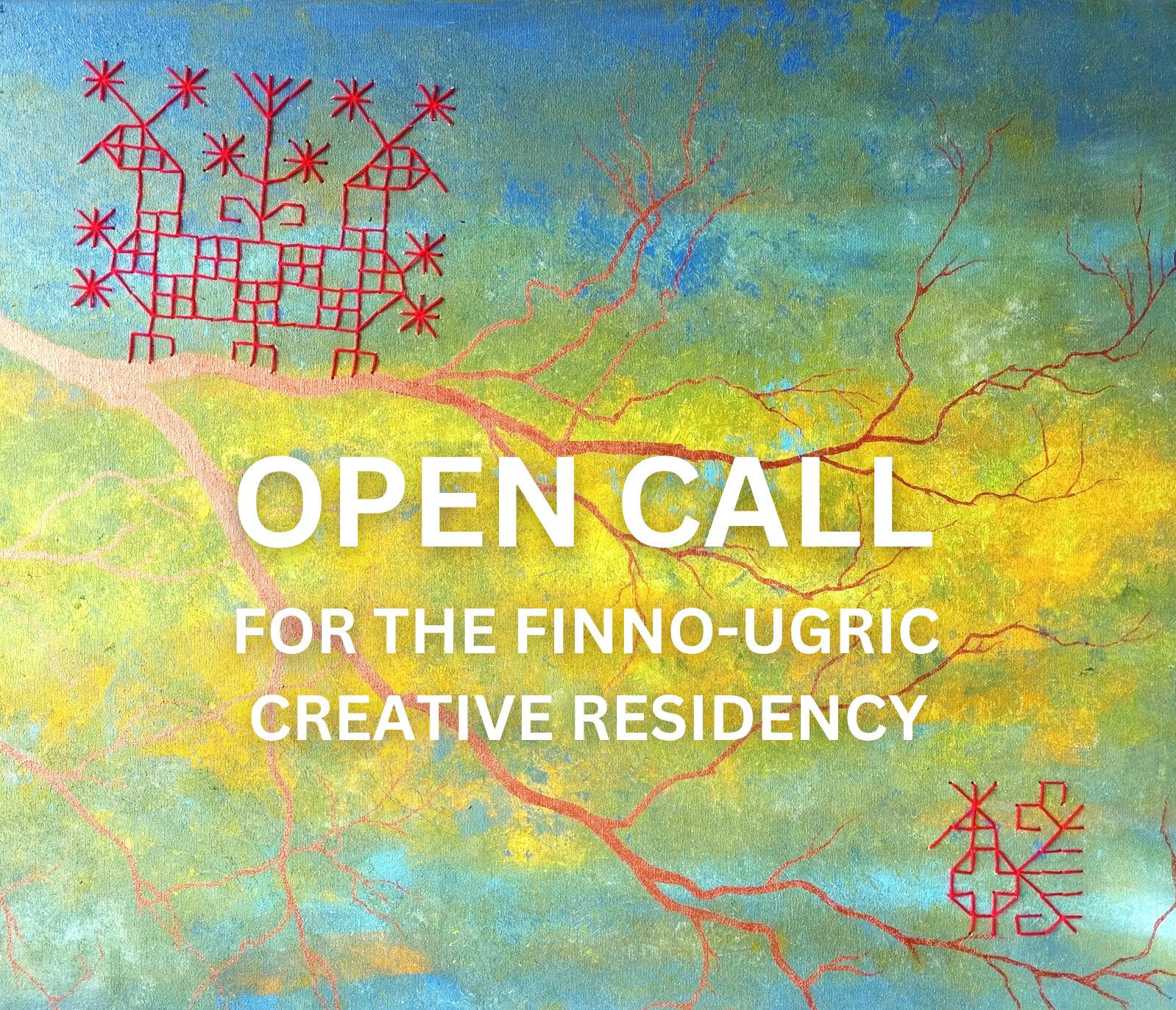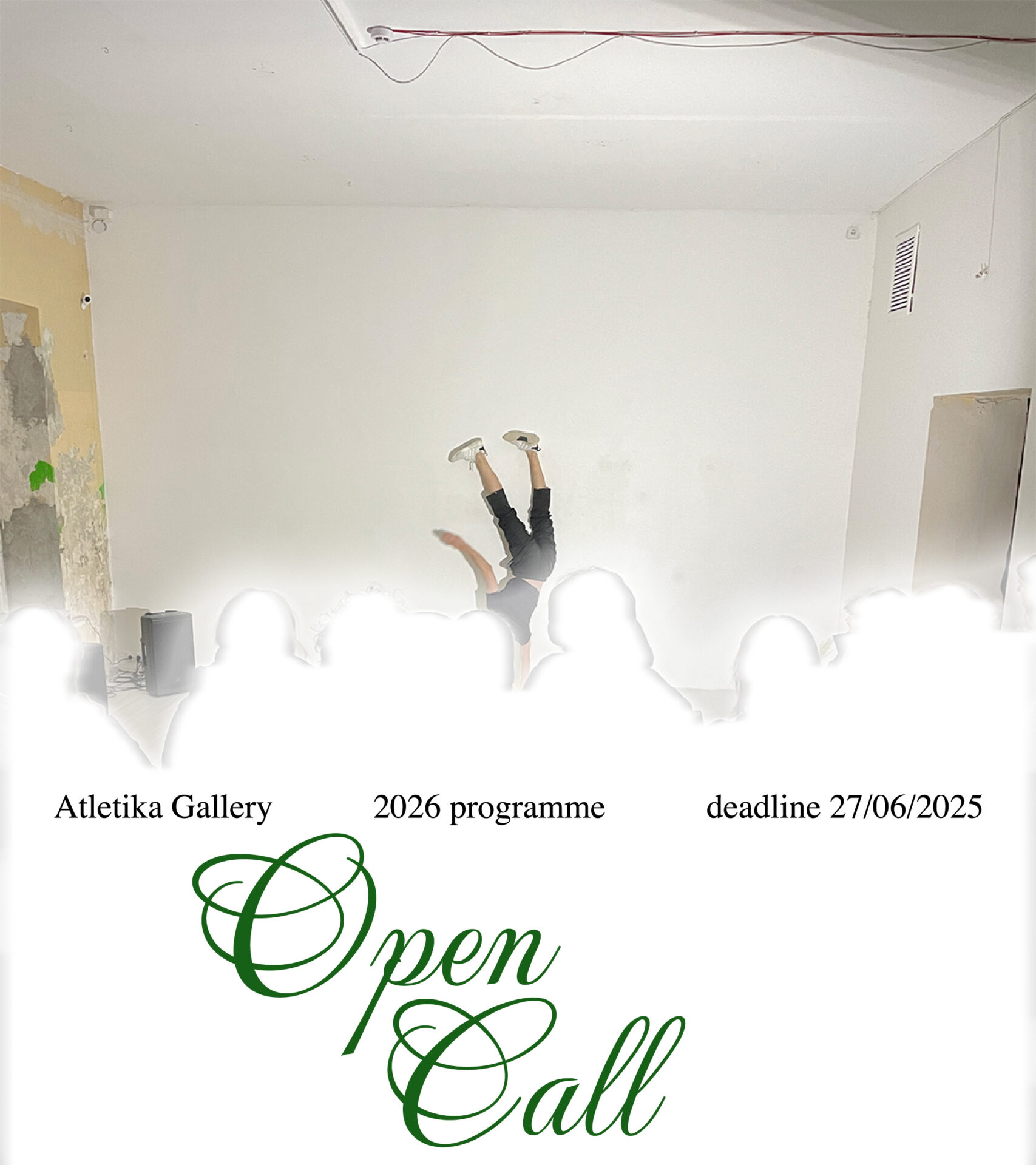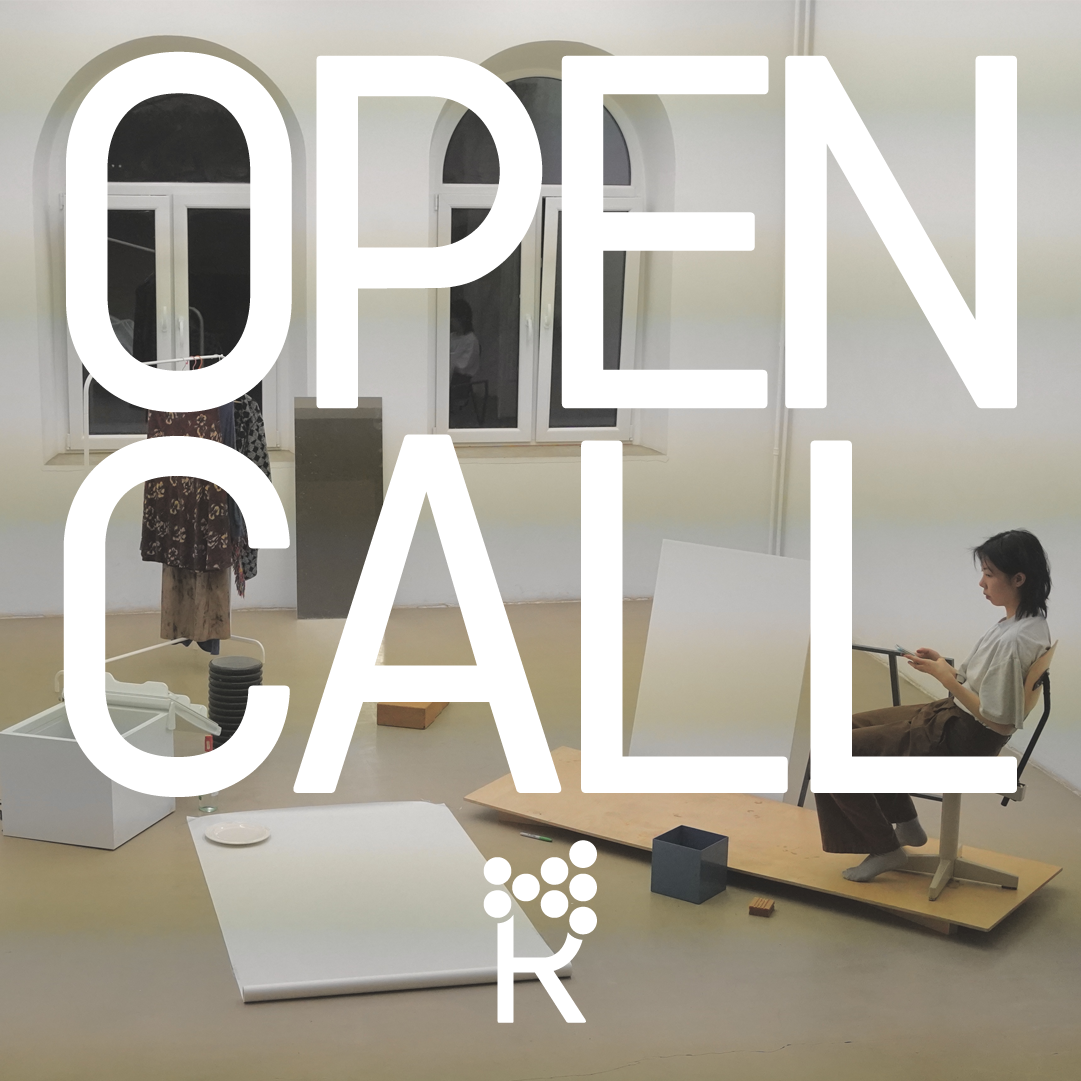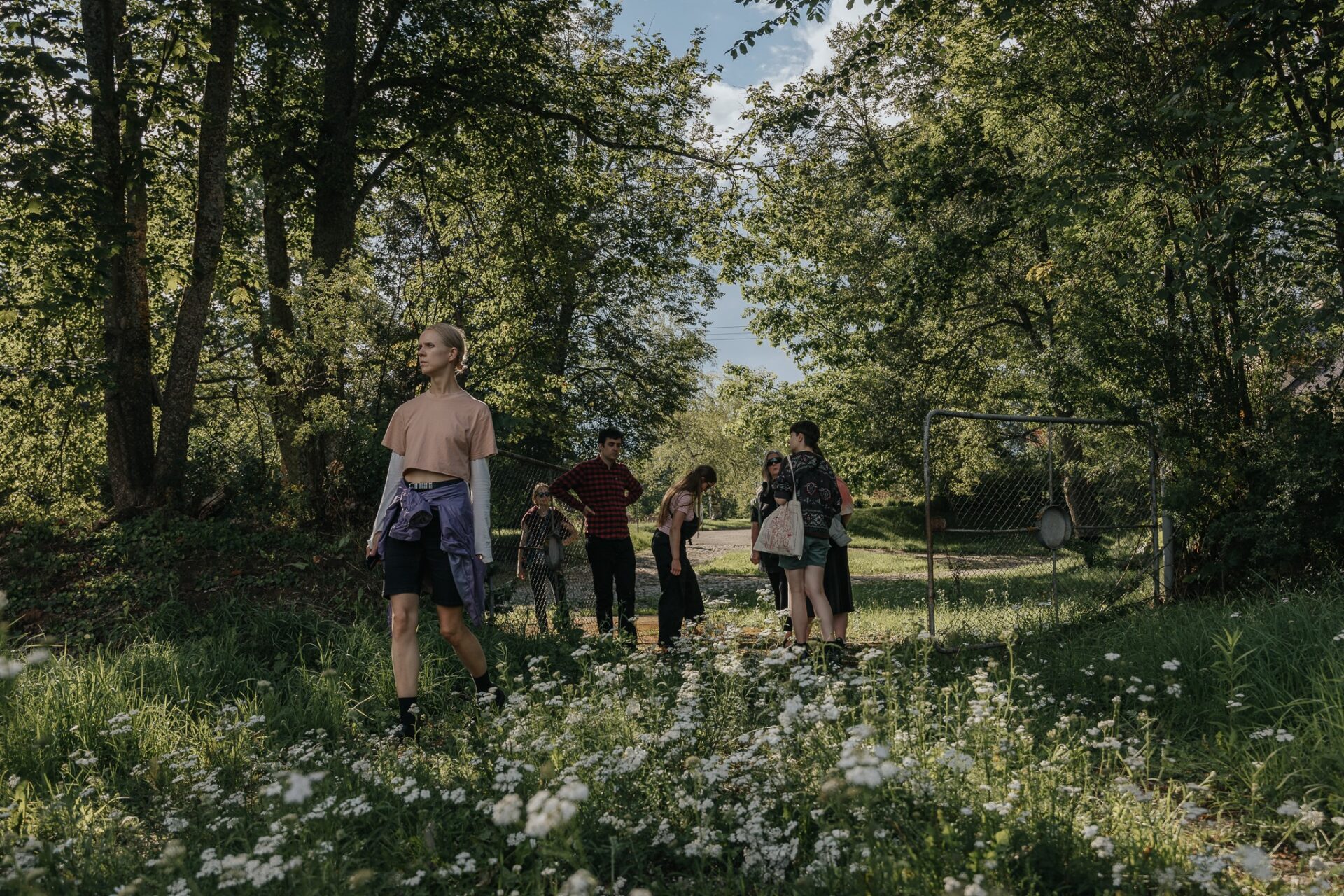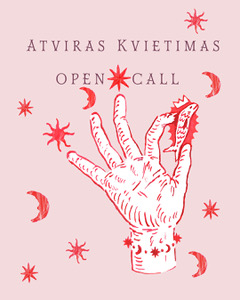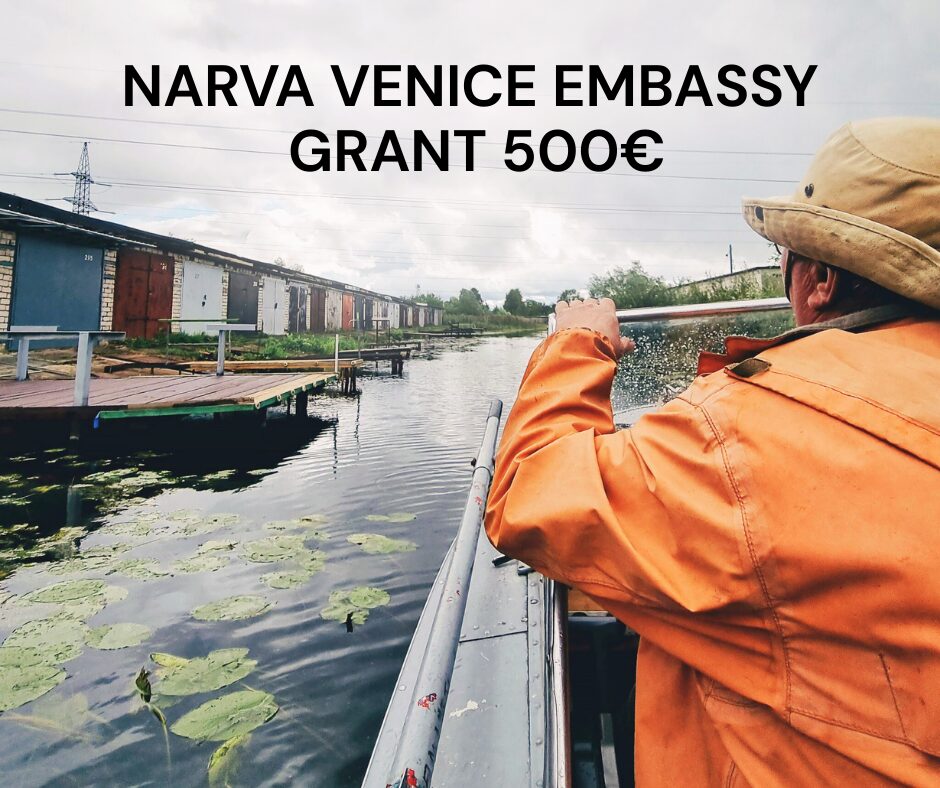The Latvian Centre for Contemporary Art (LCCA) presents the 13th edition of its annual contemporary art festival Survival Kit, one of its key endeavours and a major art event in the Baltics. The festival runs from 3rd September to 16th October 2022.
The forthcoming edition of the festival takes place in the historic city centre of the country’s capital, and is conceived by curator iLiana Fokianaki.
Participating artists include: Forensic Architecture, Andrius Arutiunian, Sammy Baloji, Rufina Bazlova, Candice Breitz, Juris Boiko and Hardijs Lediņš, Vera Chotzoglou, Sanja Ivekovic, Kapwani Kiwanga, Chrysanthi Koumianaki, Rojava Film Commune, Ansis Epners, Kristaps Epners, Dora García, Almagul Menlibayeva, Marina Naprushkina, Ahmet Öğüt, Antonis Pittas, Susan Philipsz, Laure Prouvost, Tabita Rezaire, Mykola Ridnyi, Krišs Salmanis, Erica Scourti, Indrė Šerpytytė, Sabīne Šne, Maryam Tafakory, Wu Tsang, Raed Yassin, Valdis Villerušs, Anton Vidokle.
The chosen theme for Survival Kit 13′ takes its point of departure from the cultural imprint of the Russian occupation of Latvia. Originally conceived in October 2021, it has a new found urgency against the backdrop of the brutal war launched against the Ukrainian people in February 2022, by what Fokianaki terms the “narcissistic authoritarian statism” of Vladimir Putin’s rule. Inspired by Greek French political theorist’s Nicos Poulantzas “authoritarian statism”, Fokianaki coined the term in an attempt to describe a new profile of authoritarian figures that has emerged in more recent periods.
The festival’s title, The little bird must be caught, is inspired by the homonymous title of a poem by Latvian poet Ojārs Vācietis, known and loved in the country not only for his literary talent, but also for his courage in discussing the political conditions of his time. His work addressed the oppression of the Soviet regime, but also spoke about global issues, from his native Latvia. The poem written during the latter period of the Soviet Union in the late ’70s during Brezhnev’s rule, warns of the dangers of letting the little bird free to sing, hatch its eggs and continue being. It is an ironic allegory, in favour of free speech and against authoritarianism and repression. The poem reads urgent and timely, in a global reality where free speech and self-determination are threatened by far-right nationalism and authoritarianism.
How can you address art and survival in the middle of war and destruction? Many will question whether art is necessary or important at this very moment of crisis. The answer as we have seen in so many wars, crises, and turmoil in the past can only be: it absolutely is. Fokianaki and her team chose the historic city centre as the location for Survival Kit this year, the backdrop for the marches and demonstrations for what became known as the “Singing Revolution” (dziesmotā revolūcija). It was this peaceful four-year-long uprising from 1987 to 1991, that would lead to the restoration of independence of the Baltic states of Estonia, Latvia, and Lithuania from the Soviet Union, marking the end of the Cold War. Latvia is famous for the hundreds of “dainas”—traditional folk songs—also inspiring and informing the exhibition.
The little bird must be caught focuses on how sound, music, voice, the sonic, utterance have played a role throughout human history in defining, marking, contouring and characterizing historical moments of emancipation: actions against repression and authoritarianism, the relationship of sound to freedom of speech, the power of the voice and the role of the sonic in resistance, revolution and self-determination. The works presented discuss, consider and address, the role of art in historical and contemporary modes of self-determination, resistance and whistleblowing with an emphasis on music and the sonic as forms of peaceful protest, silent and declarative gestures and collective performativity. Each contribution to this exhibition – the texts in the catalogue, artworks displayed, or voices that will be heard during a rich public program – create an embodied experience of how sound, music, voice, the sonic, and utterance have played a role throughout human history in defining, marking, contouring, and characterising under-recognized collective moments of emancipation.
These inquiries aim to further connect with the aftermath of the global pandemic that changed our sonic landscapes and made the role of sound when the world’s slowing down meant a new-found, numbing silence. Simultaneously, it made clear that even in times of health crisis, injustice cannot be silenced, as demonstrated by the global movement of Black Lives Matter that filled the streets, the ears and the minds with slogans about freedom, equality and social justice, the global manifestations of a revived environmental movement, that made us listen beyond the human centred perspective of the world, and the recent solidarity marches for the people of Ukraine in anti-war demonstrations all over the world.
